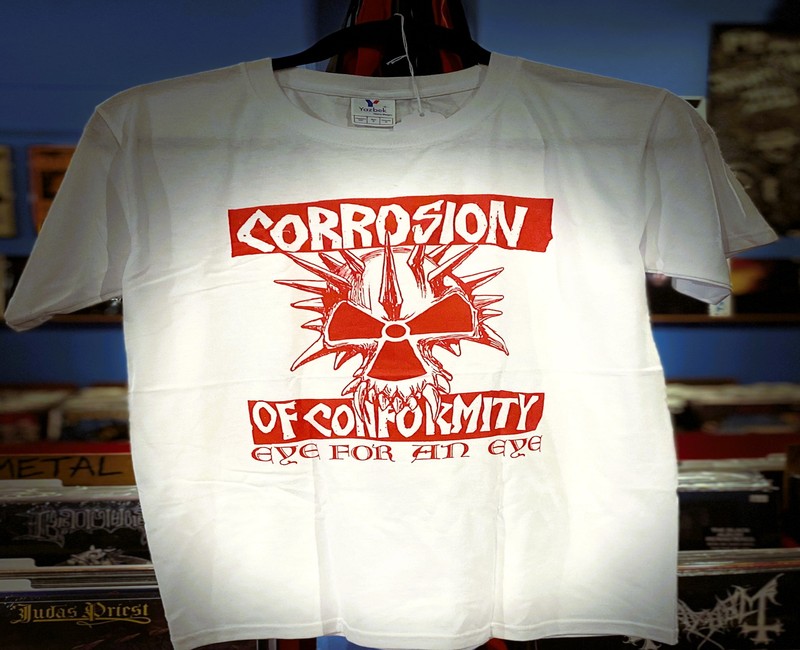
In recent years, the concept of upcycling has gained significant traction in Singapore as a sustainable practice that contributes to environmental conservation and resource efficiency. Upcycling involves transforming waste materials or unwanted products into new items of higher quality or value. This creative approach not only reduces landfill waste but also minimizes the need for new raw materials, thereby supporting sustainability efforts.
Singaporean companies have been at the forefront of this movement, leveraging innovation and creativity to turn potential waste into valuable resources. By embracing upcycling, these companies are playing a crucial role in promoting sustainability within the nation and beyond.
One key area where upcycling is making an impact is in fashion. Several local fashion brands have adopted sustainable practices by using recycled fabrics and materials to create stylish clothing lines. These brands often collaborate with artisans who specialize in repurposing textiles, ensuring that each piece is unique while reducing textile waste significantly. By doing so, they not only offer consumers eco-friendly options but also raise awareness about sustainable fashion choices.
Beyond fashion, Singaporean furniture companies are also contributing to sustainability through upcycling initiatives. These businesses collect discarded wood, metal, and other materials to craft bespoke furniture pieces that boast both aesthetic appeal https://www.advance-recycling.com/upcycling-plastics-metals-and-e-waste-in-singapore/ and environmental consciousness. The result is a range of products that tell stories of transformation while encouraging consumers to rethink their purchasing habits towards more sustainable options.
Moreover, several startups in Singapore have emerged with innovative solutions for electronic waste management through upcycling processes. Given the rapid technological advancements and high turnover rate of electronic devices today, e-waste has become a pressing concern globally. Companies are now focusing on extracting valuable components from obsolete gadgets and reintroducing them into manufacturing cycles as raw materials for new products—thereby closing the loop on electronic consumption.
Upcycling efforts extend into community engagement as well; numerous workshops organized by local organizations aim to educate individuals about how they can incorporate upcycled goods into their daily lives creatively. These workshops not only provide practical knowledge but also foster a culture of sustainability among participants who then become advocates within their communities.
The government’s support further bolsters these initiatives through policies encouraging recycling and resource management practices across industries—creating an ecosystem conducive for businesses committed to green innovations like upcycling.
In conclusion, Singapore’s embrace of upcycling reflects its commitment towards achieving long-term sustainability goals while fostering economic growth rooted in environmental responsibility. As more companies integrate such practices into their operations alongside supportive governmental frameworks—and consumer demand continues shifting towards ethical consumption—the city-state positions itself as a leading example globally on how business ingenuity can align seamlessly with ecological stewardship.







